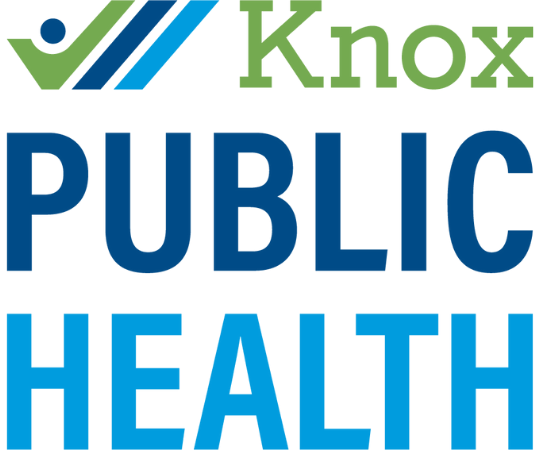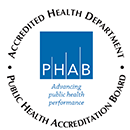
12/2/2022 - If it seems like there are a lot of people who are sick right now – it’s because there are!
Knox Public Health is reporting a significant increase in reported cases of seasonal influenza. Since the beginning of November, the number of reported flu cases – those confirmed by a laboratory test – is five times higher than this time a year ago and even higher than pre-pandemic years.
Public health officials add there are probably more people sick than what the numbers indicate. Not everyone who gets sick goes to the doctor’s office or the E.R. so there are a lot of cases that don’t get counted.
Two-thirds of states across the country, including Ohio, are reporting either "very high" or "high" levels of influenza-like activity, according to the Centers for Disease Control and Prevention's weekly report. The data comes as experts have warned that the flu season has begun earlier than usual, with cases on par with those typically seen in winter and causing hospital beds to fill up quickly.
It’s not uncommon to see local flu cases rise this time of the year, but the recent surge is unprecedented and has led to increased hospitalizations. In addition to influenza, Knox County is seeing an increase in other respiratory illnesses including RSV, Rhinovirus, as well a continuation of daily cases of COVID-19. Local reports indicate all age groups have been affected by influenza and other respiratory illnesses.
The strain of flu currently circulating is Influenza Type A (H3N2), which usually causes more severe illness, with increased hospitalization and deaths especially for older adults and young children.
One piece of good news though, is that the CDC is reporting most influenza viruses tested match well to this season's influenza vaccine. So public health officials are emphasizing it’s not too late to get a flu shot, which the CDC recommends for everyone age 6 months and older.
Knox Public Health indicates that flu shots are readily available in Knox County including all Community Health Center locations as well as pharmacies and some health care providers.
Flu vaccine is especially recommended for pregnant women, children younger than age 5; people age 65 and older; those with certain chronic medical conditions; those in nursing homes and other long-term care facilities; and those who take care of the elderly or young children.
The flu shot is also recommended for anyone who will be traveling over the holiday season or plans to be at events where there are lots of people, like concerts, shopping malls or sporting events. However, it should be noted that it takes two weeks after receiving the vaccine for an individual to be fully immunized.
The flu virus is considered very contagious. It is spread through droplets that can come from sneezes, coughs or contact with an infected surface. If someone is starting to develop symptoms like a high fever, muscle aches and chills they should consider seeing a healthcare provider. The sooner it can be diagnosed, the sooner it can be treated and hopefully there will be fewer complications.
While vaccination provides the greatest protection against the flu, public health officials also emphasize basic prevention measures: wash hands frequently; cover your cough; and stay home when sick.
###



